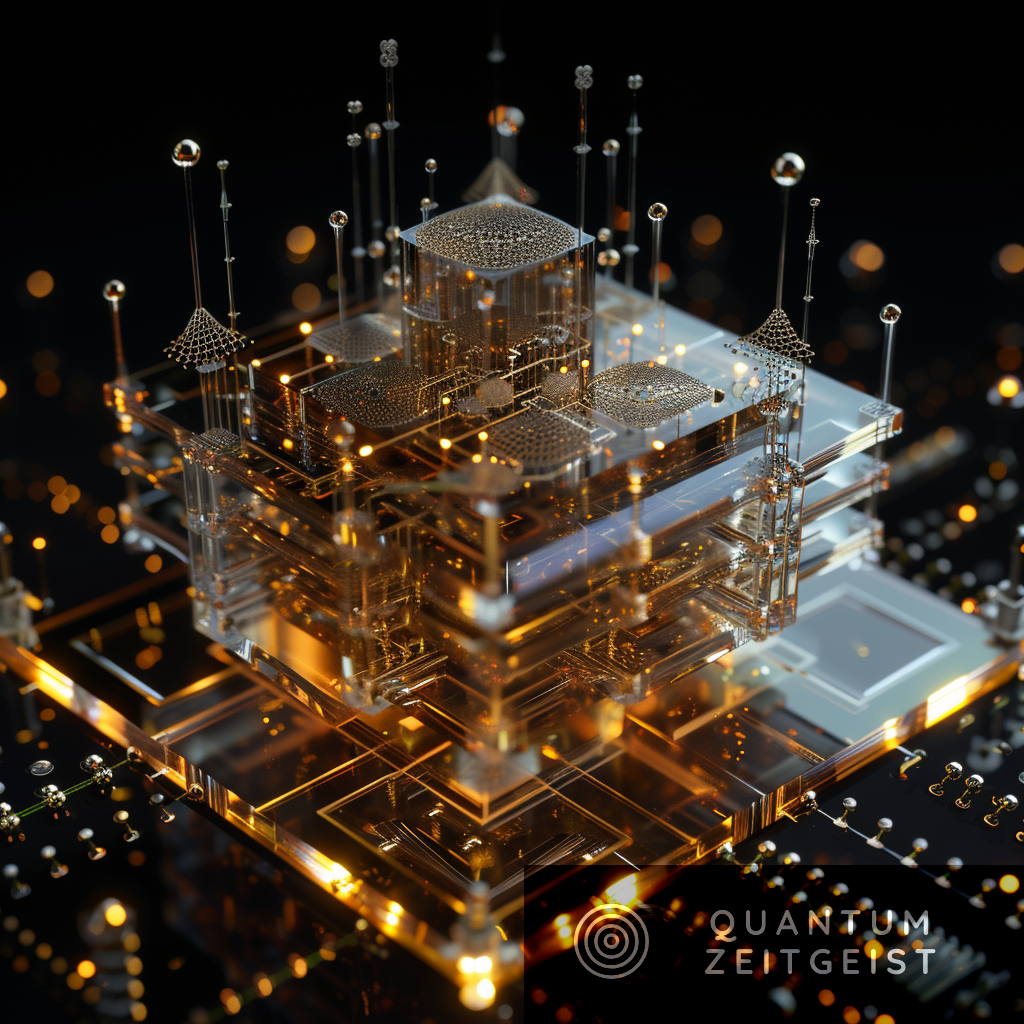The German Aerospace Center (DLR) is partnering with quantum computer manufacturer planqc and consulting firm d-fine to enhance its quantum computing capabilities. The collaboration aims to create a unified platform for managing quantum algorithms and their execution. The platform will allow other DLR institutes and external partners to access DLR’s quantum computers. Planqc and d-fine were chosen for their expertise in software programming and understanding of compilation strategies. The project, known as ALQU, will integrate quantum compilers into DLR’s quantum computer architecture, emphasizing the need for close co-design of hardware and software in quantum computing.
German Aerospace Center Collaborates with planqc and d-fine for Quantum Computing Initiative
The German Aerospace Center (DLR) has recently announced a significant partnership with quantum computer manufacturer planqc and consulting firm d-fine. The collaboration aims to enhance DLR’s quantum computing capabilities by establishing a unified platform for managing quantum algorithms and their execution. The new quantum computers at DLR, one of which will be supplied by planqc, will serve as hardware backends. This platform will also facilitate access to DLR’s quantum computers for other DLR institutes and external partners.

planqc and d-fine were chosen for this project due to their proficiency in software programming and their comprehensive understanding of compilation strategies. In the ALQU project, their primary role will be to integrate quantum compilers into DLR’s quantum computer architecture. This integration will allow for efficient and user-friendly access to this advanced technology.
The successful implementation of this platform necessitates technologies that cover the entire quantum compiler stack. This includes not only hardware-specific compilation but also the management of experiments, the application of error correction methods, and the provision of simulators with various error models.
This project underscores the importance of closely integrating hardware and software in quantum computing for planqc and d-fine. It is essential to incorporate hardware metrics and error models into the algorithms and ensure that the hardware supports the efficient execution of these algorithms. The ALQU project aims to address this need by focusing on efficient compilation for quantum computers.

